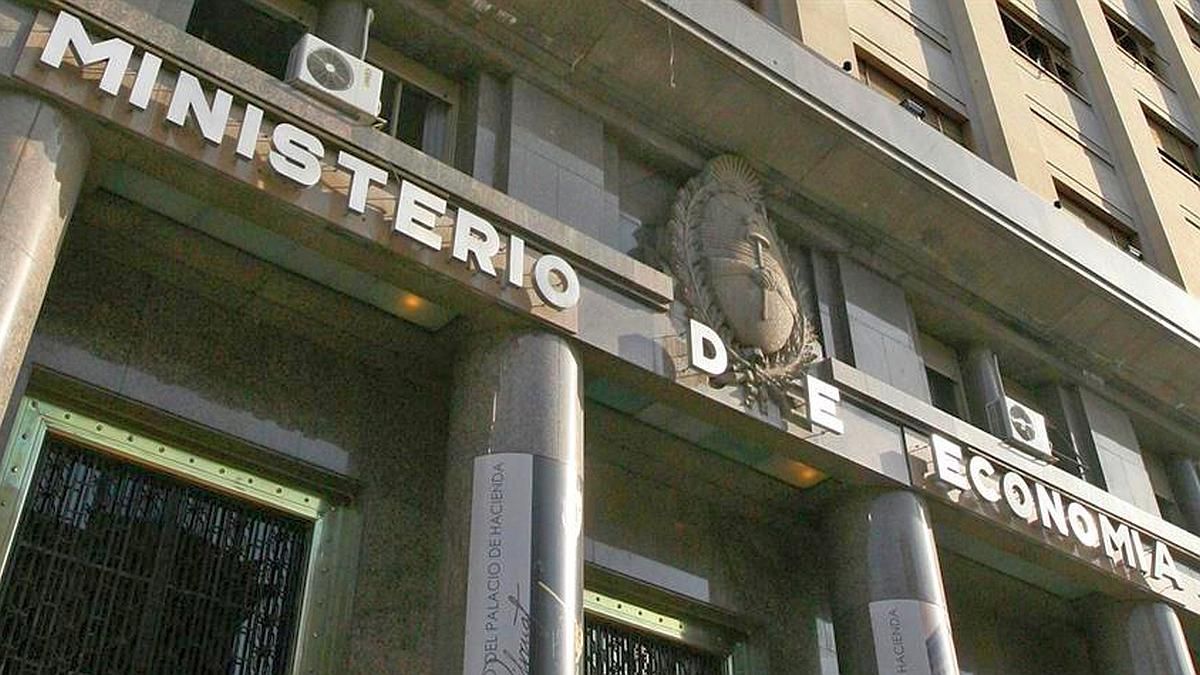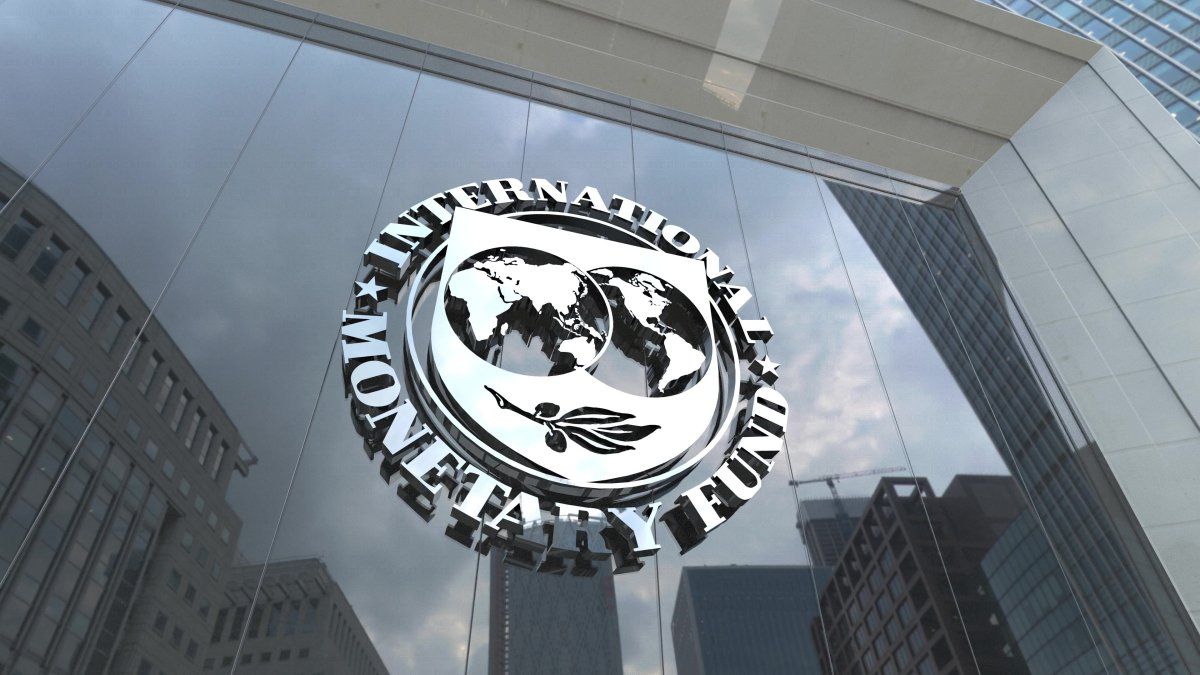According to the official reading, the Budget “is realistic” and, according to previous surveys of the analyzes carried out by opposition economists, “the scenario is not very different from what they see”. “Then play politics,” they admit.
Along with these macro estimates, the text projects an exchange rate of $269 ($219 average) and is expected to be slightly above inflationwhich specifically means that will seek that the dollar does not fall behind or lose competitivenessas agreed with the International Monetary Fund.
The reduction of the primary deficit from 2.5% this year to 1.9% next year is based, according to the official explanation, on a strong reduction of economic subsidies and the savings that will be produced by an increase in the local supply of gas. In the Ministry of Economy they assure that the Néstor Kirchner gas pipeline will be ready on June 20, 2023. “There is a system of rewards and punishments that affects: US$100,000 per day that they are late and the same amount per day that the delivery is early” .
financial strategy
There are at least two paths outlined by the Ministry of Economy during 2022 that will continue next year: the reduction of monetary assistance from the BCRA to the Treasury and the search to maintain a positive real rate. Regarding the first, official sources assured that they will continue to explore how much financing they can get in the local market, because the objective is to be financed in this way instead of requesting Temporary Advances, “as far as possible”. However, they also warn that this will seek a balance for the sustainability of the state, because rate levels that are “unhinged” for public accounts will not be validated.
Regarding positive real rates (one of the important points of the agreement with the IMF), from the national administration They assure that they will continue to reward yields in pesos, but at the same time they project a nominal drop in the rate. “There will be a positive rate, but if there is a reduction in inflation there will be a reduction in the rate“, they summarized.
A fiscal “separate” in the Budget
To improve the fiscal result of 2023, the Executive Branch added a “separate” to the project, which seeks recover fiscal resources that are not collected because they are benefits extended to large companies. According to the text, the goal is “highlight the tax benefits that specific sectors of society receive at the expense of the sustainability of public accounts“, because “usually the beneficiaries of these promotional incentives are business groups and large firms.” According to calculations in the document, “the total tax expenditure for the year 2023 amounts to 2.49% of GDP.”
“These tax reductions or tax expenditures arise when, due to the application of different regimes, the tax obligations that benefit a certain sector are reduced, which decreases total collection,” they wrote.
The objective of this section is to apply these uncollected resources to improve next year’s fiscal result above projections, that is, they seek to exceed 1.9% of GDP. This proposal, however, must pass the filter of the national Congress.
macro review 2022
The projections for the coming year also bring associated a revision of the variables of 2022. According to the numbers of the Ministry of Economy, inflation this year will be around 95% and the economy will grow 4%. The commitment assumed with the IMF on the primary fiscal goals (one of the three defining quantitative goals of the agreement, along with reserves and monetary assistance) was ratified in 2.5%which will imply that, to achieve the objective, spending should fall in real terms by around 5 percentage points.
Source: Ambito
David William is a talented author who has made a name for himself in the world of writing. He is a professional author who writes on a wide range of topics, from general interest to opinion news. David is currently working as a writer at 24 hours worlds where he brings his unique perspective and in-depth research to his articles, making them both informative and engaging.




